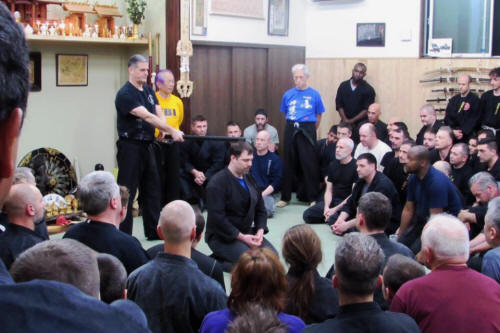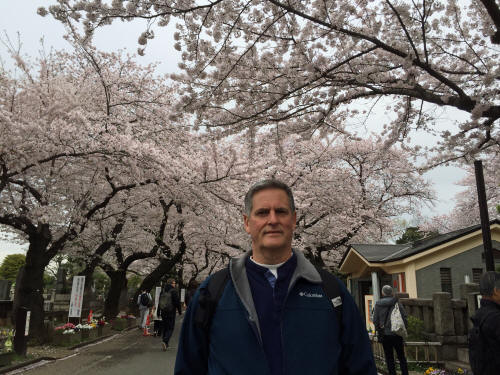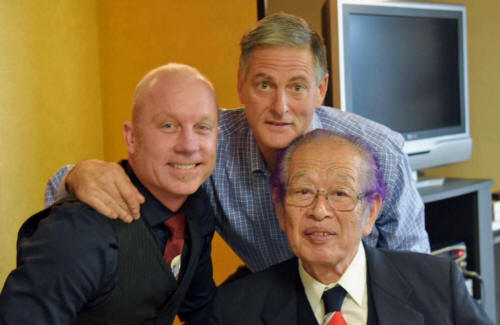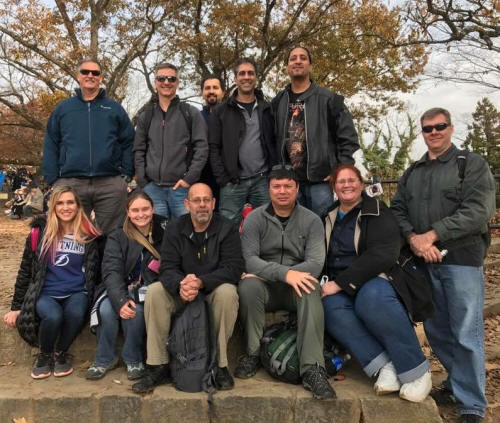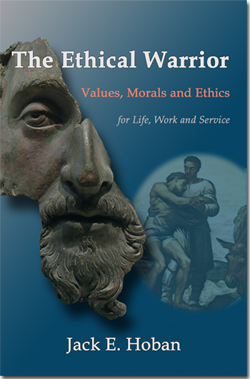New Year's Message
January 1, 2017
Dear Friends:
Happy New Year buyū – welcome to the year of the Rooster!

Actually it is the year of the Fire Rooster. Asian people say this year people will be more polite and less stubborn, but will have a tendency to complicate things.
2017 will be dominated by an orientation towards progress, honor and maximum integrity, people learning to temper their ardor.
After our recent political upheavals, I certainly hope so! But, I am thinking that people do overcomplicate things, and I certainly hope that we all will keep the beauty of simplicity in mind as we go about our lives and deal with others in 2017.
I'm ready for a New Year. How about you?

So what happened this past year? Plenty! Much of it closer to home. But I did attend the BuyuKai in July at Castle Kattlenberg in Germany last summer. I have participated in BuyuKai a number of times. This is a GREAT event and I encourage all my martial arts friends to attend. It is organized by Steffen & Sabine Fröhlich. I think there were buyū from over 14 countries there last year with some top-notch coaching on everything from the basics to pretty advanced stuff. Really, you MUST go.
BuyuKai Germany
Alex & I - A little cross-cultural communication!
Steffen and I in Germany
BuyuKai info here: http://www.buyukai.de/. See you there next July!

We enjoyed another Buyū Camp East in New Jersey.
BYCE 2016
Lots more Buyū Camp East pictures HERE!
Sabine, Steffen & I relaxing after Buyu Camp at the Jersey Shore
Buyu Camps are a great way to connect with old friends and get the "continuing education" and inspiration that will help you "keep going" when you get back to your own, local training group. Our usual spot will not be available in 2017, so we are looking for a new place. Change is good! So, please keep an eye on our seminar page for news about Buyu Camp 2017.

We also had training seminars in NJ, of course, and a fun one in Florida.
Paul's Palm Beach Dojo gets the prize for the most exotic training space!

I was able to visit Japan twice in 2016 to train with my teacher, Soke Masaaki Hatsumi. A special seminar in April 2016 commemorated the anniversary of Takamatsu senseis passing and marked the 42nd year of Hatsumi Sensei's training cycle. Hatsumi Sensei said it took him 42 years to understand what Takamatsu Sensei was trying to teach him and that 2016 marked the beginning of a new cycle. 42 years to understand our budo, wow where does that leave us?!
As part of the celebration, I and several others grasped the sword that Takamatsu Sensei reportedly used to give Hatsumi Sensei his sakki test.
Grasping Takamatsu Sensei's Sword as Doug looks on.
As may be considered typical of Hatsumi Sensei (as well as Japanese culture, in general), there was not too much detailed discussion of this "ceremony." A transmission of some kind? Perhaps, but I'll take more of my teacher's advice and not think about it too much. Just "keep going."
Sensei and my oldest buyū toasted each other. Great time!
Giving the 5th dan test at the Hombu Dojo as Sensei oversees.
Spring is the time of cherry blossoms in Japan.
It was back to Japan in late November/early December for Sensei's annual birthday training. As is the tradition, I led the group in "Happy Birthday," and a toast to his health and longevity. Sheila and Sensei danced together – another tradition.
Doug and I wishing Sensei a Happy 84th Birthday!
2016 buyū trip to Mt. Takao
Checking out some of Sensei's work at the Hombu Dojo in Atago.
In 2017 there may be an exhibition of Sensei's paintings. Keep an eye on the Buyu Facebook page for more info.
And there are many more pictures on our Buyū Facebook page here.
Check here for upcoming seminars in 2017.

My book "The Ethical Warrior," is still doing very well. It is on the Marine Corps Commandant's reading list and I was invited to the Marine Corps Expeditionary Warfare School in Quantico this past summer to discuss warrior ethics with several hundred young officers from the Marine Corps and our allied countries. It was quite an honor. Click the cover if you want to read the book.


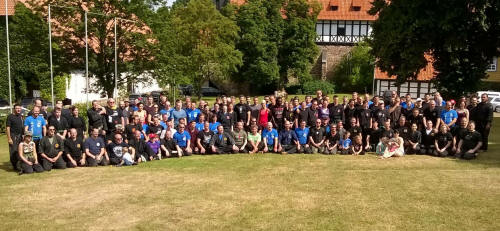
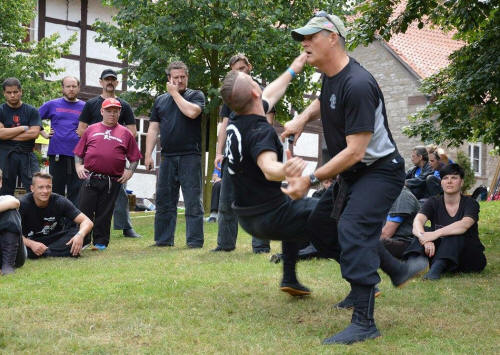

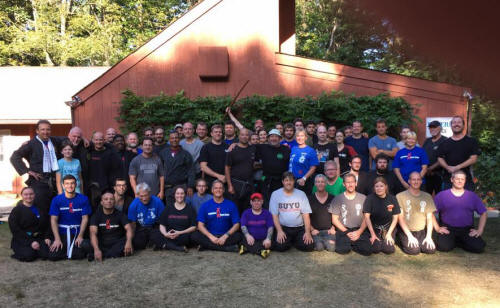
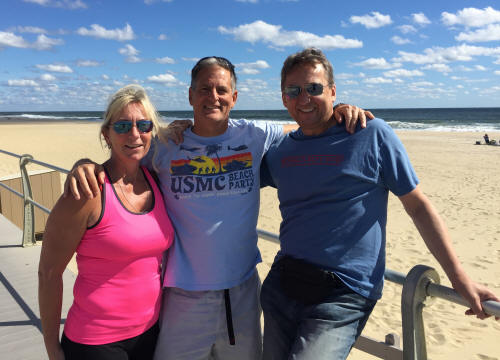
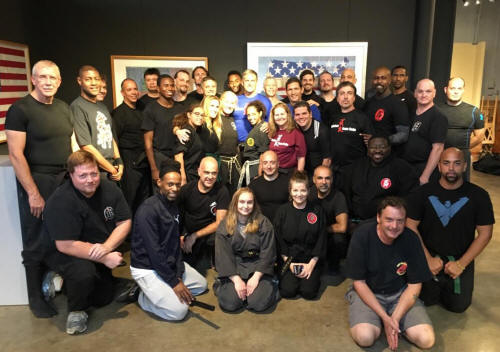
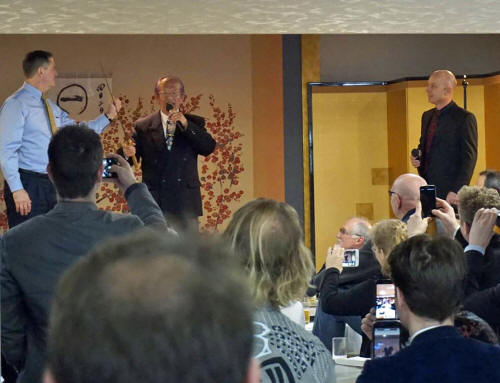
_small.jpg)
